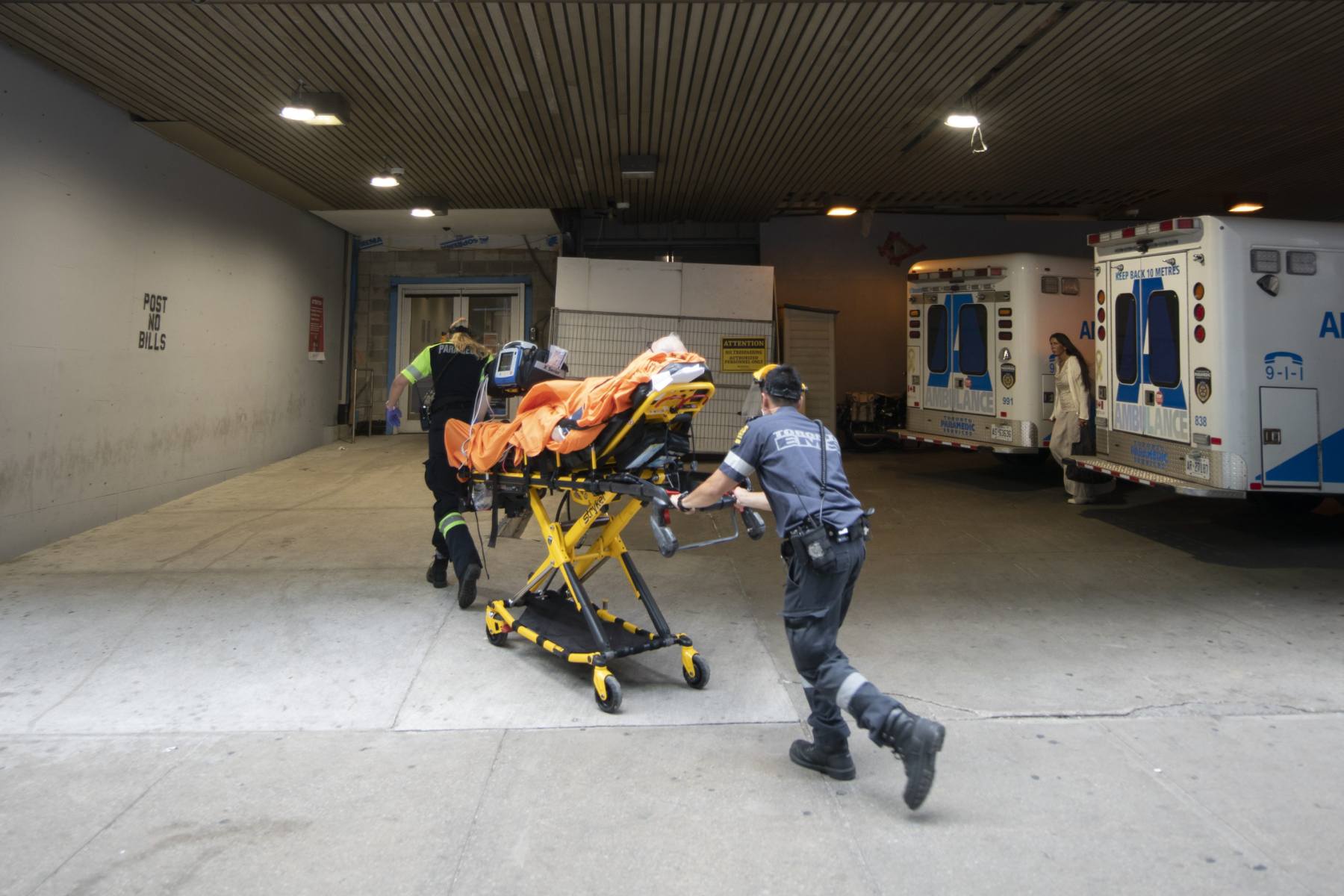THE NIGHT Zachary Green responded to the call that sidelined him for six months with post-traumatic stress, he was asked if he wanted to finish his shift. It was May 2021, and he had just witnessed the death of a child.
Green chose to go home but found his deputy commander’s question “ridiculous.” Most paramedic services pull staff from duty, which “is how it should be.” Instead, there was the expectation he would keep working. “This call is going to stick with me for the rest of my career,” he says. “You shouldn’t be going back to the ambulance after something traumatic.”
That choice, however, reflects the harsh reality of working in Rainy River, a remote Northwestern Ontario town near the Minnesota border. Even by the standards of a province where paramedic services are regularly short staffed, Rainy River paramedics face gruelling conditions. Covering four communities over 15,000 square kilometres, paramedics often drive more than an hour to meet patients, longer if one of their ambulatory stations is closed or down staffed—which was the case for 170 days last year. Sometimes, they must respond to calls alone, operating equipment meant for two, increasing the risk of physical injury.



Totally